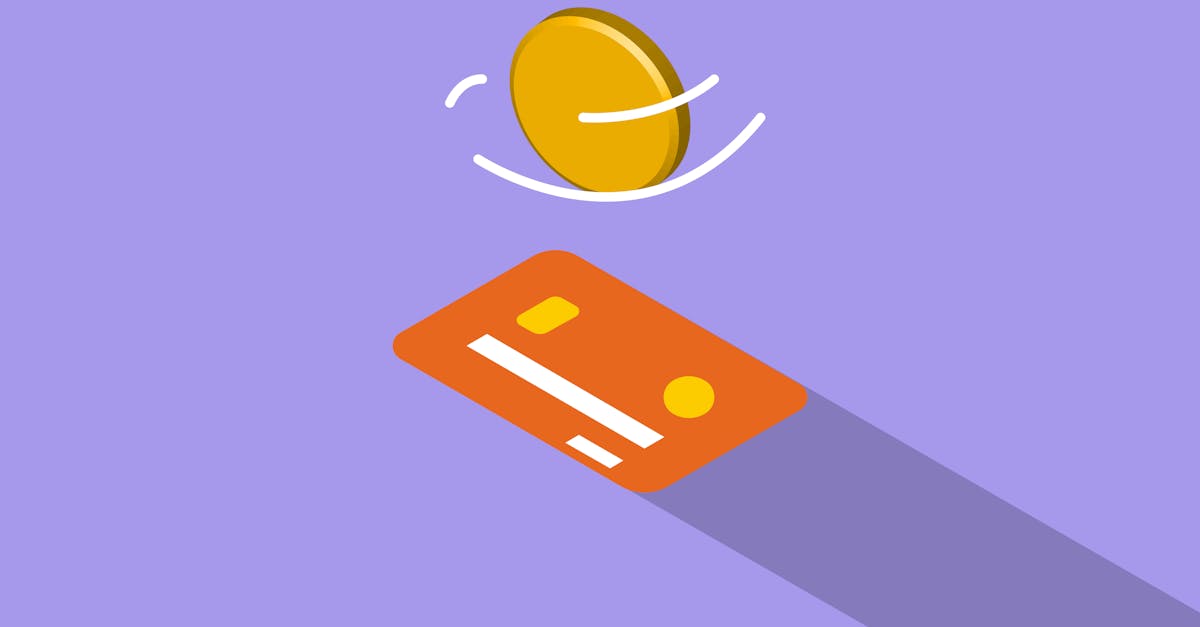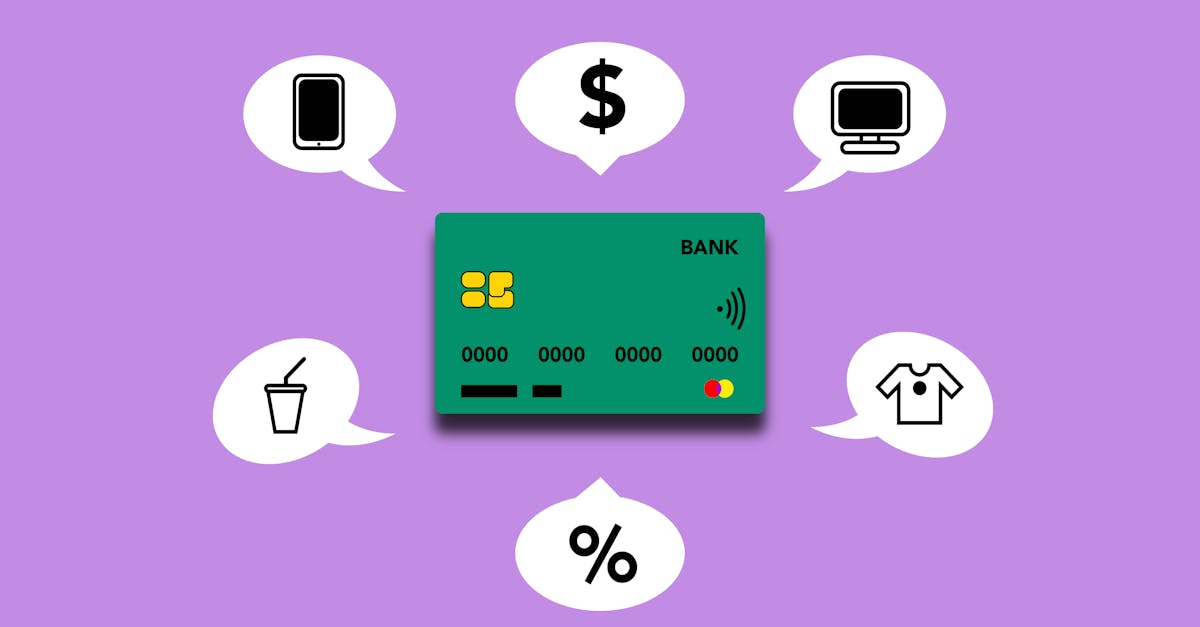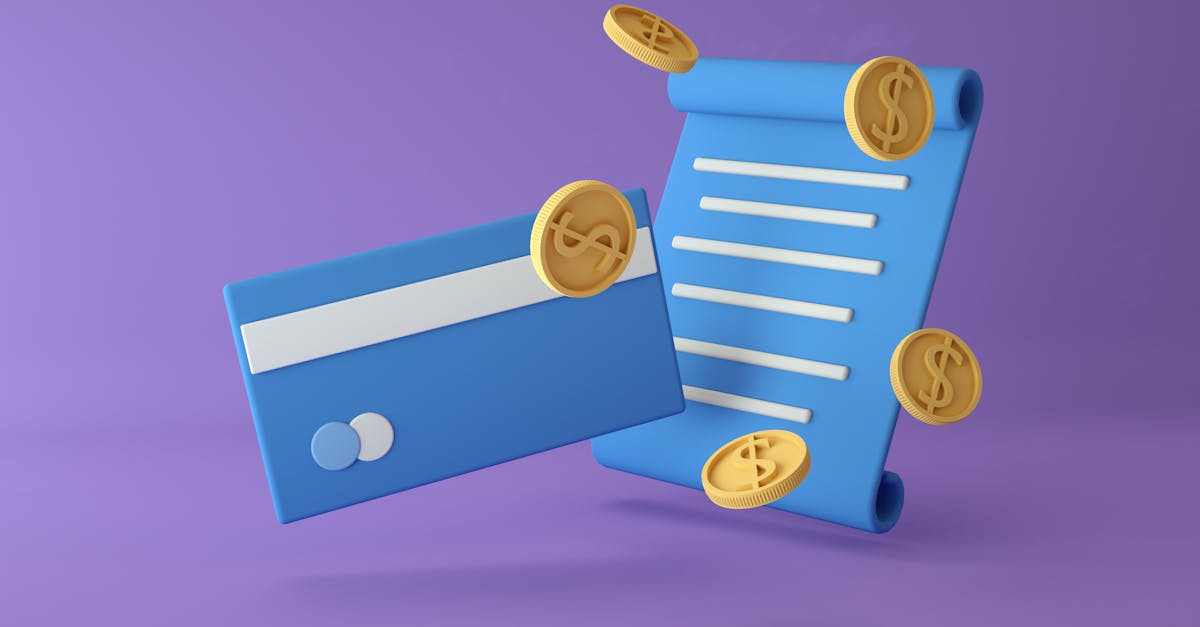How To Improve Credit Score Fast
Introduction
In today's financial world, having a good credit score is essential. It impacts your ability to secure loans, mortgages, and even employment opportunities. A strong credit score can open doors to lower interest rates, better loan terms, and increased financial flexibility. On the other hand, a poor credit score can limit your options and make it difficult to achieve your financial goals. Understanding how to improve your credit score quickly can lead to financial freedom and security. This article will guide you through the key steps to boost your credit score, offering practical tips and strategies to help you take control of your financial future.
Advertisement
Understanding Credit Scores
Credit scores are a pivotal part of financial planning. They are calculated based on your credit report, which tracks your credit activity and current credit status. The most commonly used scoring model is the FICO score, which ranges from 300 to 850. This score is influenced by several factors, including payment history, credit utilization, length of credit history, types of credit, and recent credit inquiries. Lenders use this score to assess your creditworthiness, making it a critical component of your financial profile. Understanding how your credit score is calculated is the first step toward improving it. By focusing on the factors that have the most significant impact, you can take targeted actions to enhance your score.
Advertisement
Check Your Credit Report Regularly
The first step towards improving your credit score is to regularly monitor your credit report. Errors can occur, and these inaccuracies can negatively impact your score. By obtaining a copy of your credit report from the three major credit bureaus—Equifax, Experian, and TransUnion—you can review it for any discrepancies. Common errors include incorrect account information, fraudulent accounts, and outdated information. Through credit monitoring services, you can track any irregularities and swiftly address them with credit repair measures. Disputing errors and having them corrected can lead to an immediate improvement in your credit score. Regular monitoring also helps you stay aware of your credit status and take proactive steps to maintain a healthy score.

Advertisement
Limit Credit Inquiries
Every time you apply for a new credit card or loan, a credit inquiry appears on your report. There are two types of inquiries: hard and soft. Hard inquiries occur when a lender checks your credit as part of a loan or credit card application, and these can lower your credit score. Soft inquiries, on the other hand, occur when you check your own credit or when a lender pre-approves you for an offer, and these do not affect your score. Frequent hard inquiries can signal to lenders that you are a higher-risk borrower, potentially lowering your credit score. To maintain a healthy credit standing, choose wisely and apply for new credit only when necessary. If you’re shopping for a loan, try to do so within a short period, as multiple inquiries for the same type of credit within a short timeframe are often treated as a single inquiry.

Advertisement
Manage Credit Utilization Effectively
Credit utilization involves the ratio of your current credit card balance to your credit limit. Aim to keep this ratio under 30% to positively impact your creditworthiness. Reducing your credit card debt is an effective way to manage this.

Advertisement
Timely Payments Boost Scores
On-time payments significantly impact your credit score, accounting for about 35% of your FICO score. Payment history is one of the most critical factors lenders consider when assessing your creditworthiness. Automatic payment systems can help ensure that you never miss a due date. Setting up automatic payments for your credit cards, loans, and other bills can prevent late payments and the associated fees and penalties. Consistently paying bills on time will gradually enhance your credit score and instill financial discipline. If you have missed payments in the past, focus on making timely payments moving forward. Over time, the impact of past late payments will diminish, and your score will improve.

Advertisement
Consider Using Credit Builder Loans
A credit builder loan can be an effective tool for those with little to no credit history. Unlike traditional loans, where you receive the loan amount upfront, a credit builder loan holds the loan amount in a secured account while you make fixed monthly payments. Once the loan is paid off, you receive the funds. This type of loan allows borrowers to build credit over time by demonstrating responsible payment behavior. Properly managed, a credit builder loan can positively influence your credit score. It’s an excellent option for individuals looking to establish or rebuild their credit. Additionally, credit builder loans often come with lower interest rates compared to other types of loans, making them a cost-effective way to build credit.

Advertisement
Pay Off Debt Strategically
Prioritize paying off high-interest debts first. This strategy, known as the avalanche method, not only reduces overall debt but also improves your credit utilization ratio. By focusing on debts with the highest interest rates, you can save money on interest payments and pay down your debt more quickly. Another popular strategy is the snowball method, where you pay off the smallest debts first to build momentum and motivation. Whichever method you choose, the key is to make consistent payments and avoid accumulating new debt. Reducing your overall debt load will improve your credit utilization ratio and have a positive impact on your credit score. Additionally, paying off debt can free up more of your income for savings and investments, further enhancing your financial stability.

Advertisement
Utilize Credit Monitoring Services
Credit monitoring provides a snapshot of your credit status and alerts you to significant changes. These services protect against identity theft and ensure that you’re aware of all factors influencing your credit score. Many credit monitoring services offer features such as credit score tracking, credit report access, and alerts for new inquiries or accounts opened in your name. By staying informed about your credit status, you can take proactive steps to address any issues that arise. Credit monitoring services can also provide personalized tips and recommendations for improving your credit score. While some services charge a fee, many banks and credit card issuers offer free credit monitoring as part of their services. Taking advantage of these tools can help you stay on top of your credit and make informed decisions about your financial health.

Advertisement
Conclusion
Improving your credit score requires dedication and informed strategies. From managing debts to regular credit monitoring, every step counts towards financial well-being. Start today, apply these tips, and watch your credit score climb progressively. A higher credit score can lead to better financial opportunities, lower interest rates, and greater peace of mind. By understanding the factors that influence your credit score and taking targeted actions to improve it, you can achieve financial freedom and security. Remember, building a strong credit score is a journey, not a destination. Stay committed to your financial goals, and over time, you’ll see the benefits of your efforts. Start today, and take control of your financial future.

Advertisement


